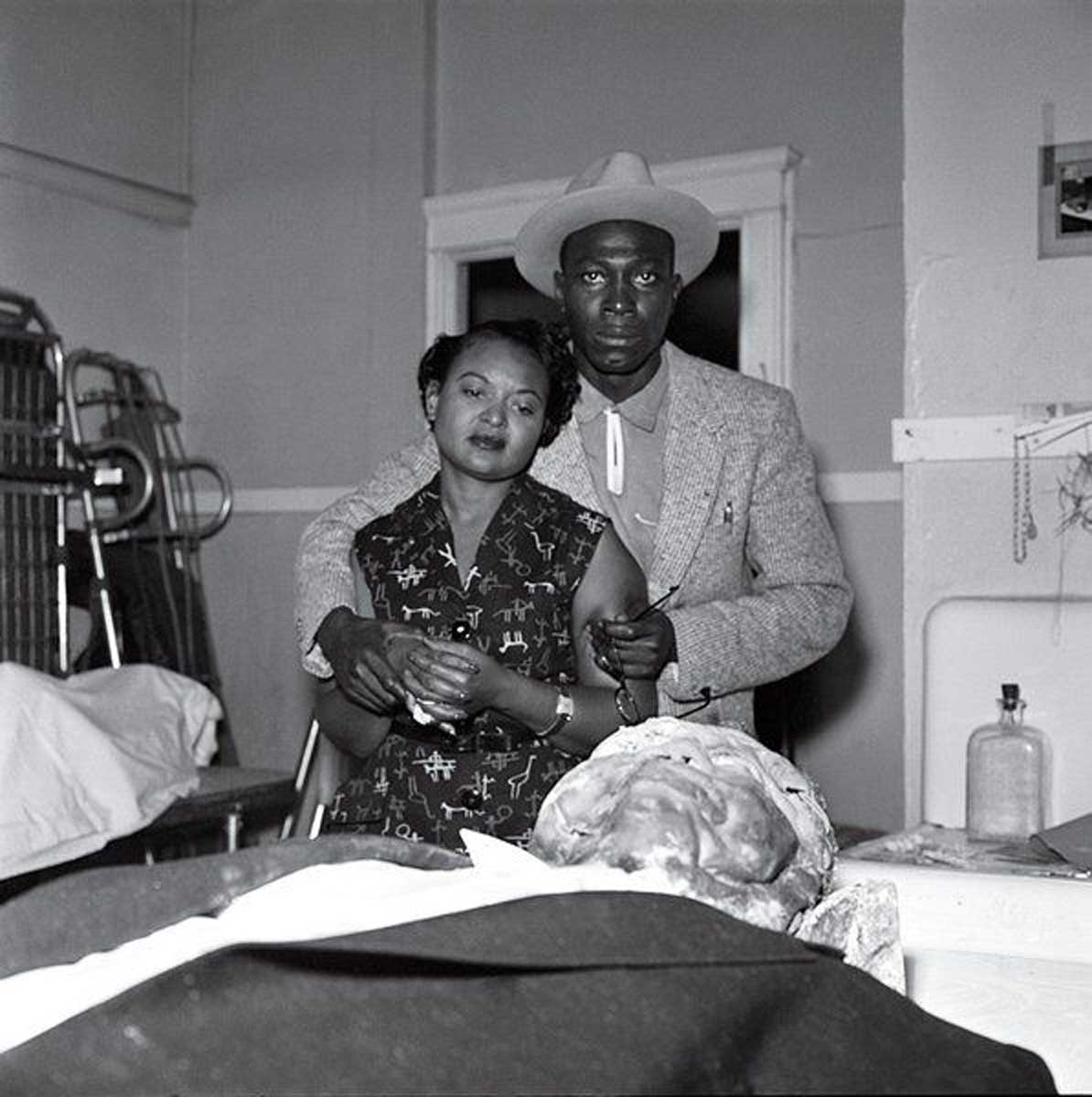NAS Meridian breaks ground on wildlife exclusion fence
Published 1:02 pm Wednesday, March 8, 2023

- Photo by Glenda Sanders/The Meridian StarChief of Staff for Navy Region Southeast Capt. Greg Smith, from left, Lauderdale County Board of Supervisors President Jonathan Wells, Gov. Tate Reeves, NAS Meridian Commanding Officer Capt. Brent Moore, Derek Collins of Delta Specialty Contractors and Public Works Officer Lt. Cmdr. Damien Allen shovel the ceremonial scoop of first dirt to break ground on the new wildlife exclusion fence at the naval air station.
Mississippi Gov. Tate Reeves joined Navy and local officials at Naval Air Station Meridian Tuesday to break ground on a new $3 million fence to be constructed around the airfield as a way to keep wildlife off the runways.
“This wildlife exclusion fence project will make training at NAS Meridian safer for our pilots and for the community,” said Capt. Greg Smith, chief of staff for Navy Region Southeast. “It will reduce and prevent damage to our aircraft, and it will also stand as a reminder of the partnership between the Navy and our steadfast friends in Mississippi.”
Reeves remarked on Mississippi’s long history of being a military friendly state. He worked along with the Governor’s Office of Military Affairs and local and Navy officials to secure the grant funding.
“It is really a safety project, but it’s an example of what we, as Mississippians, can do in partnering with NAS Meridian to make sure we are doing everything we can to make this base as safe and as comfortable and as inviting to the U.S. Navy,” the governor said.
The first phase of the wildlife exclusion fence will begin around the airfield’s east and south runways and should be completed in the next 12 to 18 months. The project is being funded through a grant received by Lauderdale County from the Mississippi Development Authority.
“We know that we have a responsibility of protecting the mission of our partner, NAS Meridian,” said Jonathan Wells, president of the Lauderdale County Board of Supervisors. “From day one, we understood how important this project of keeping wildlife from entering the runways is to pilot safety, the aviator pipeline and the mission sustainability.”
A security fence is located around the property of NAS Meridian, which was built in 1961, but Navy officials have long desired a fence around the airfield to keep off wandering wildlife.
Due to the Covid-19 pandemic and resulting supply chain issues and inflation, the county had to re-work and re-bid the project specifications a couple of times in order to get the most fencing for the amount of the grant, Wells noted.
The first phase of the project will involve the installation of 34,500 linear feet of a 10-foot chain link fence with three strands of barbed wire running across the top. A veteran-owned business, Delta Specialty Contractors LLC of Monroe, Louisiana, which specializes in commercial fencing, will complete the project.
“When it is fully completed, it will be just shy of 16 miles long, and it will keep deer and other wildlife — wild boar, cattle, coyotes — off of our runways that are definitely a hazard to our aircraft and our pilots,” said Capt. Brent Moore, commanding officer of NAS Meridian.
Deer on the runway and bird strikes are two of the biggest animal hazards for Navy pilots at the base. On average, the base records 24 deer near the runways each night. Wild boar, coyotes and even cattle from at least one nearby farm also have wandered close to the runways over the years.
Moore said animal encounters can be dangerous for the pilots and costly for the training jets.
“Depending on where the aircraft is impacted by the animal, it could cause the aircraft to veer off the runway, the pilots may have to eject or it could hit as the aircraft is taking off and that can be a dangerous thing, catastrophic for a $45 million jet,” Moore said.
This first phase of the project will complete about 60% of the fencing needed around the airfield’s three runways.
The base plans to continue working with the governor’s Office of Military Affairs, local officials and MDA to pursue other funding sources for the remainder of the fence project.
“There is obviously continued opportunities for us to invest here in the base and the initial $3 million that we put forward is going to get us off to a good start, and then we are all looking for additional resources to finalize it,” Reeves said.
The governor said he can only imagine flying is difficult enough without aviators having to worry about deer and other wildlife in their path.
“The fact is that our entire nation is safer with your aviators watching our skies and our cities,” Reeves told those in attendance at the ceremony. “The least we can do as the state of Mississippi and as Meridian and Lauderdale County is to help watch your back.”





